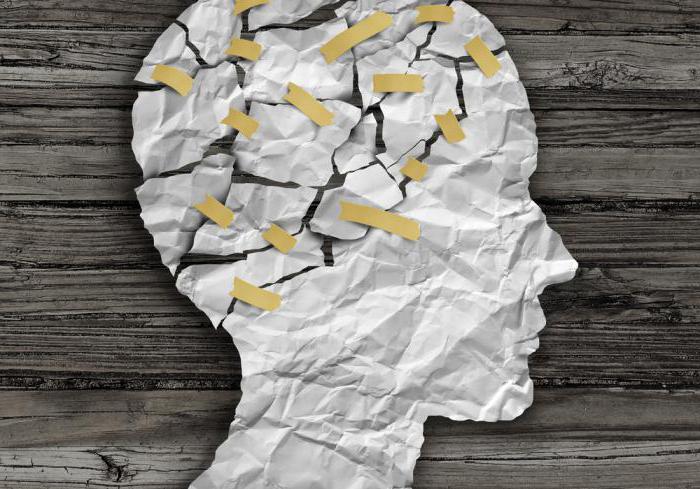Today, a person is affected by many psychological and socially difficult life situations that change his worldview. Unemployment is one of such situations that suppresses a person’s spirit and has a bad effect on both physical and psychological health, family relationships, and the general rhythm of life. So what psychological difficulties does the unemployed face in the process of downtime without work?
The essence of unemployment
Job loss is a socio-psychological phenomenon when a person is not involved in any of the spheres of society. Therefore, you need to find ways to overcome the difficulties encountered in this situation. Of course, this requires an effort.

The following forms of unemployment are distinguished:
- Friction is associated with the time spent on finding a job. It occurs during job search after dismissal, during a voluntary job change, during a temporary loss of seasonal work and during the first search for work by young people.
- Structural is related to the period of job search by those employees whose specialty or qualification does not allow them to find the necessary work.
- Cyclical unemployment appears in connection with the cyclical development of the economic system.
- Institutional is a phenomenon in the economy that is associated with imperfection of the organization of the labor market.
Socio-psychological status of the unemployed
First of all, you need to understand whether the unemployed has some character traits or temperament. This is done in order to find out whether this person is suitable for a certain position, since many unemployed seek to get to one place. To exclude the rejection of the desired job, you need to understand what psychological difficulties an unemployed person faces.

To do this, you can conduct a self-assessment of the personality according to the characteristics that employers conduct:
- The psychological and physical state, since attention is drawn to the life position of a person.
- A positive or negative social orientation, since the degree of interaction with other people is determined.
- The return on labor activity, since it is determined how much time an employee can devote to completing labor tasks.
Social problems of the unemployed
What psychological, social difficulties does an unemployed person face in our time:
- The state of depression.
- Exit the comfort zone.
- Fear of the future, even the nearest.
- Mild degree of psychological degradation.
- Apathy and laziness.
- Fear of a change in life.
- Fear of not being interviewed.
- Anger and resentment at all around.
- Pessimistic views on the future.
- Unrealized dreams and desires.
- Desocialization
- Inability to find a place in life.

The psychological difficulties the unemployed face also applies to social problems. Of these, the following can be distinguished:
- Surrounding people do not take a person seriously and put him below themselves. This is especially true for men and people who have a family.
- Fear of never getting a job.
- People who conduct interviews do not trust those unemployed who have not worked anywhere for a long time.
- Inability to get a loan.
- Permanent scandals in the family.
- Pangs of conscience, because you can’t provide yourself and your family with everything you need.
What psychological difficulties does the unemployed face?
A person who has lost his job has the following problems:
- Severe psychological condition.According to the study, only a quarter of the unemployed rate their condition as very good. The rest are in constant tension in anticipation of a better future. What psychological difficulties does the unemployed face? Their list is quite impressive: lack of hope for the best, uncertainty, sadness, anxiety, fear, aggression, distraction, depression, shock and, in some cases, alcoholism.

- High level of emotional stress. The loss of work cannot pass without a trace and does not affect the life position of a person. Studies show that more than sixty percent of the unemployed are in constant emotional stress. Twenty percent are allocated in this category, the stresses of which have grown into neuroses. As a rule, men are more prone to stress than women, and therefore job loss affects them very negatively.